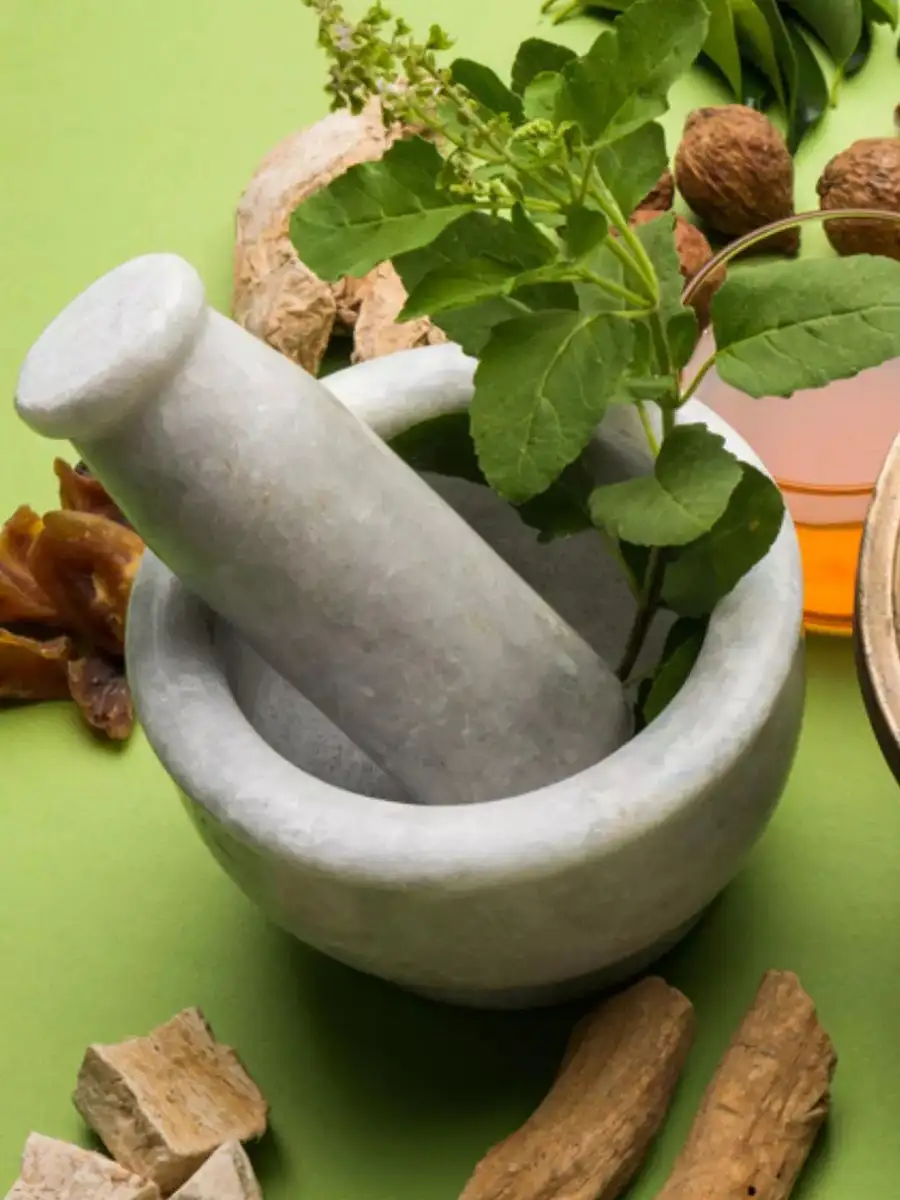Copyright breezyscroll

What is No Nut November? Every November, a global internet challenge called “No Nut November” (NNN) resurfaces, a meme-born movement that has evolved into a test of self-control and mental discipline. Participants, primarily men, commit to abstaining from masturbation and pornography for 30 days. While it began as a light-hearted online joke, the movement has become intertwined with the NoFap community, which promotes abstinence as a path toward better focus, emotional balance, and sexual health. For some, No Nut November is just a fun challenge; for others, it’s a conscious effort to break unhealthy patterns of pornography use or regain control over compulsive behavior. Why people take the challenge The motivation behind NNN varies widely, from curiosity and community spirit to self-improvement and detoxification from porn consumption. Supporters claim several benefits, including: Improved focus and productivity Enhanced self-discipline Higher motivation and confidence Reduced dependence on pornography Stronger relationships Better sexual performance and desire Essentially, the idea is to “reboot” the brain’s reward system, similar to how a digital detox resets one’s attention span. What happens to your body when you stop masturbating? There’s no one-size-fits-all answer. Masturbation, like most bodily functions, affects people differently. However, there are some physiological and psychological patterns that emerge during periods of abstinence. Week 1: Heightened urges and restlessness During the first few days, you may notice increased libido, agitation, or even frustration. This is because your body’s usual dopamine-driven reward loop is temporarily cut off. You’re used to releasing sexual tension; now, that energy builds up. Week 2: Sharper focus and energy Around the second week, many participants report improved concentration and motivation. With fewer dopamine spikes from sexual activity or pornography, your brain recalibrates its reward system. Some claim they redirect that energy into fitness, work, or creative pursuits. Week 3: Emotional fluctuations By week three, mood swings and vivid dreams can occur. Some studies suggest that abstaining from ejaculation can temporarily increase testosterone levels, though evidence is mixed. For others, this period can bring mental clarity or increased confidence. Week 4: Mental and emotional balance As the challenge concludes, many report a sense of accomplishment and renewed control over impulses. Even if physiological benefits are uncertain, the psychological empowerment from meeting a tough goal is very real. The supposed benefits and what science says Advocates of No Nut November often claim a range of benefits, from thicker hair to higher testosterone and better stamina. However, the scientific evidence is limited or inconsistent. Claimed benefits include: Greater muscle development Improved concentration Reduced anxiety Better sperm quality Higher libido Fewer issues with erectile dysfunction But according to experts, such effects are mostly anecdotal. Oxford Online Pharmacy, for instance, notes that while there’s no clear harm in abstaining, there’s also no strong scientific proof supporting these benefits. Some studies even suggest that regular ejaculation may help maintain sperm health and reduce prostate cancer risk. It may also improve sleep quality, relieve stress, and support emotional intimacy in relationships. In short, the evidence is mixed; the benefits may stem more from lifestyle changes and mental discipline than from abstinence itself. The psychological aspect: why self-control feels powerful Regardless of biology, NNN participants often experience a mental reset. Avoiding compulsive behaviors forces the brain to rewire its reward system — a concept rooted in behavioral psychology. Abstaining for a set period challenges participants to: Resist instant gratification Build awareness around triggers (like stress or boredom) Strengthen long-term focus and discipline Even if the physical benefits remain uncertain, these psychological gains can carry over into other aspects of life, from fitness goals to career habits. What experts recommend Medical experts caution that complete abstinence is not necessary or inherently healthier. Masturbation is a normal, safe sexual activity that offers several known benefits, such as: Stress relief Improved mood through endorphin release Better sleep Exploration of sexual preferences However, if masturbation or porn use starts to interfere with daily life, relationships, or mental health, then temporary abstinence — like NNN — can serve as a useful diagnostic pause. Experts recommend consulting a doctor or therapist if you experience: Low libido or testosterone concerns Erectile dysfunction Compulsive pornography use Feelings of guilt or distress around sex Should you try No Nut November? If you’re healthy and curious, there’s no harm in participating. The challenge can help you reflect on your habits, test your willpower, and reset your relationship with pleasure. But remember, moderation, not deprivation, is key. Sexual health is about balance, not punishment. If you choose to abstain, do it as an act of mindfulness, not shame. No Nut November encourages abstaining from masturbation for 30 days as a test of willpower. Participants report improved focus, energy, and confidence though scientific backing is limited. Experts say masturbation has health benefits too, and total abstinence isn’t necessary. If porn or masturbation feels compulsive, the challenge may help reset habits.



